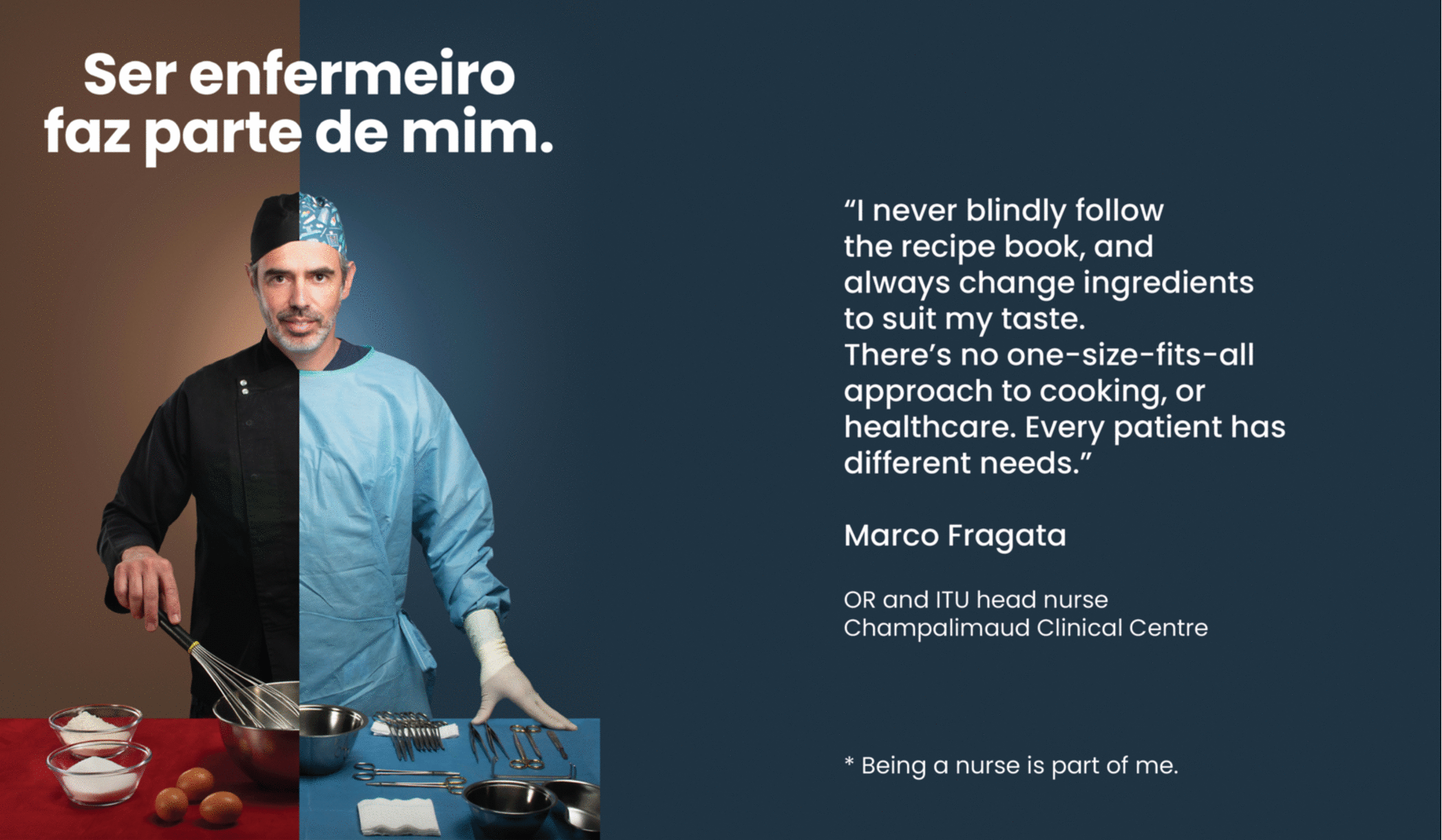24 February 2022
The Lancet Breast Cancer Commission, a worldwide multidisciplinary team of leaders and patient advocates, published a few days ago a Comment article in the medical journal The Lancet calling for urgent action to ensure treatment equity for women with breast cancer no matter who they are and where they live. Fátima Cardoso, internationally renowned Director of the Breast Unit at the Champalimaud Foundation, is one of the authors and representative of the larger work group.
11 January 2022
Interview with Paulo Fidalgo
Up until the discovery of the bacteria Helicobacter pylori, in 1982, diseases of the stomach were thought to be due to excess gastric acidity. Today, we know that the vast majority of stomach cancers are caused by a sustained infection by Helicobacter, and that eradicating it is enough to drastically reduce stomach cancer risk. However, it is less known that, even after the bacteria’s eradication, unhealthy diets can promote the development of gastric cancers. And what almost nobody knows is that one of the main risk factors for stomach cancer is… salt.
30 October 2021
The BOUNCE Project: let’s talk about the resilience of women living with breast cancer
A diagnosis of breast cancer is not only an immediate life-threatening situation. It is also a psychological shock, whose repercussions can extend well past a patient’s recovery and jeopardise the leading of a normal life in the long run. However, not everyone reacts the same way to such a radical change of circumstances, which can imply invasive clinical interventions, radiotherapy and harsh chemotherapy regimens – and later strict surveillance to watch for recurrence.
14 October 2021
Digital Health and Patient-Centred Medicine – What Should We Know?
This event, which was one of the first in the last 18 months to welcome back in-person participants as well as those online, had one question at its core: what do we need to know about digital health and patient-centred medicine?
08 September 2021
World Physiotherapy Day
What does physiotherapy have to do with cancer?
“Physiotherapy is an integral part of the cancer treatment and recovery plan: it promotes the patients’ life quality and overall sense of well-being by restoring movement, function and strength.” - Champalimaud Foundation Physiotherapy Team.
06 August 2021
“Smoking is certainly a determinant risk factor for lung cancer, but it’s not the cause”
Right now, lung cancer is the most lethal cancer in the world. Eighty percent of its victims are smokers, making smoking a determinant risk factor for this cancer. But according to oncologist Nuno Gil, who heads the Lung Unit at the Champalimaud Clinical Centre, smoking is not the ultimate cause of lung cancer. First, many smokers never develop lung cancer, and second, a growing number of non-smokers have this disease. Nuno Gil would really like to solve this mystery.
12 May 2021
Being a nurse is part of me
To celebrate International Nurses Day, we asked Champalimaud Foundation’s oncology nurses to explore the parallels between their personal and professional lives. From cooking to photography, from Crossfit to ballroom dancing, what similarities with nursing do they find?

01 April 2021
European innovation award goes to a device that does surgery “without surgery,” developed by the Champalimaud Foundation
The original idea came from a gastroenterologist at the Champalimaud Foundation, in Lisbon. But transforming it into the object that now embodies it took several years of work by a team of scientists, doctors and engineers in Portugal and Belgium. The first results of a pilot study of this non-surgical device, called MAGUS (for Magnetic Gastrointestinal Universal Septotome), which performs a “cut and paste” procedure in the human body, were announced in 2020.
28 January 2021
Bringing “respiratory biopsies” into the clinic for early lung cancer detection
Studies have suggested for years that dogs are masters at detecting disease thanks to their exceptional sense of smell. Experts agree that their success most probably lies in their ability to sniff out so-called volatile organic compounds, or VOCs, in the air people exhale. In the last few years, more than 1,000 VOCs have been identified in human breath, and scientists are now seeking to determine which ones could be relevant cancer biomarkers.
